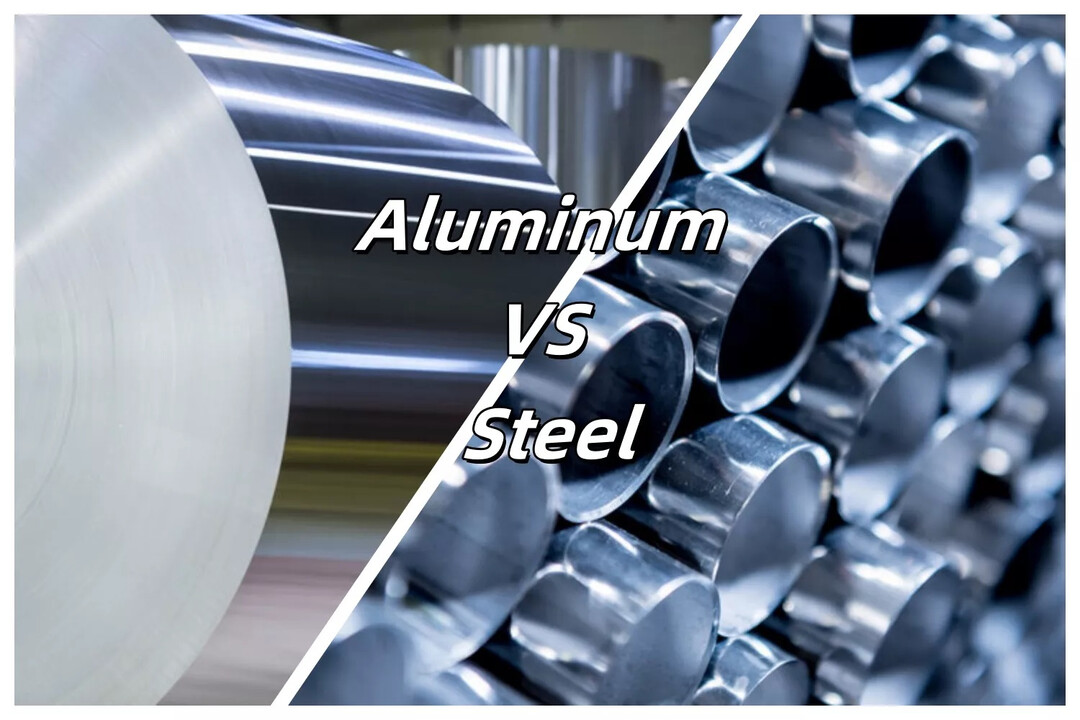
Pittsburgh, Pennsylvania – In a significant escalation of his protectionist trade agenda, President Donald Trump today announced a doubling of tariffs on foreign steel and aluminum imports, raising them from 25% to a formidable 50%. The declaration, made during a speech at a U.S. Steel plant in suburban Pittsburgh, underscores Trump's continued commitment to bolstering American manufacturing and jobs, a central tenet of his political platform. The new tariff rates are slated to take effect on Wednesday, June 4.
Addressing a crowd of steelworkers and supporters, Trump framed the dramatic increase as a necessary measure to further "secure the steel industry in the United States." He reiterated this stance in a post on his Truth Social platform, emphasizing that the move would be "yet another BIG jolt of great news for our wonderful steel and aluminum workers." This aggressive tariff hike is designed to make it significantly more difficult for foreign competitors to circumvent existing trade barriers, a concern Trump has frequently vocalized.
The initial 25% tariffs on steel and 10% on aluminum were first imposed by the Trump administration in March 2018, citing Section 232 of the Trade Expansion Act of 1962, which allows for tariffs on imports deemed a threat to national security. While these initial duties were credited by some analysts with strengthening the domestic steel industry, they also led to retaliatory tariffs from key trading partners and increased prices for American consumers and businesses. The current decision to double these levies highlights a renewed and intensified focus on safeguarding domestic production, potentially at the expense of global trade relations and consumer costs. Steel prices have already seen a notable increase since Trump's return to the presidency in January, with current U.S. prices significantly higher than those in Europe or China.
This "surprise tariff increase" closely follows the recent approval of Japan's Nippon Steel's acquisition of U.S. Steel, a deal valued at $14.9 billion (approximately 20 trillion Korean Won). Trump, who had initially expressed opposition to the acquisition on national security grounds and the importance of U.S. Steel remaining an American-controlled entity, reversed his stance and approved the deal on May 23.
During his address, Trump linked the tariff increase to the Nippon Steel agreement, asserting that the deal would also contribute to maintaining American steelworkers' jobs. He characterized the acquisition as a "blockbuster agreement" that ensures U.S. Steel "stays an American company" and promised no layoffs or outsourcing, along with a $5,000 bonus for every U.S. Steel worker. While details of the specific "partnership" arrangement with Nippon Steel remain somewhat opaque, Trump emphasized that the persistent negotiations with the Japanese company led to an outcome that became progressively more favorable for American workers.
The confluence of these two significant announcements – the doubling of tariffs and the endorsement of the Nippon Steel deal – underscores a complex and evolving trade strategy. While the tariffs aim to create a more level playing field for domestic producers by making imported steel and aluminum substantially more expensive, the approval of a major foreign investment in a cornerstone American industry like U.S. Steel suggests a willingness to balance protectionist measures with strategic foreign capital injection, provided it aligns with the administration's stated goals of job preservation and economic revitalization.
However, economists and trade experts remain wary of the potential ramifications of such aggressive tariff policies. Past tariffs have often led to higher input costs for American manufacturers who rely on steel and aluminum, ultimately passing those costs on to consumers. The latest move is expected to intensify these pressures, potentially impacting industries ranging from automotive to construction. The international community will also be closely watching for potential retaliatory measures from affected nations, which could further disrupt global supply chains and trade flows. Despite these concerns, the Trump administration appears committed to its "America First" approach, viewing these bold trade actions as essential for the long-term prosperity and security of American industry and its workforce.
소스
[Copyright (c) Global Economic Times. All Rights Reserved.]






























